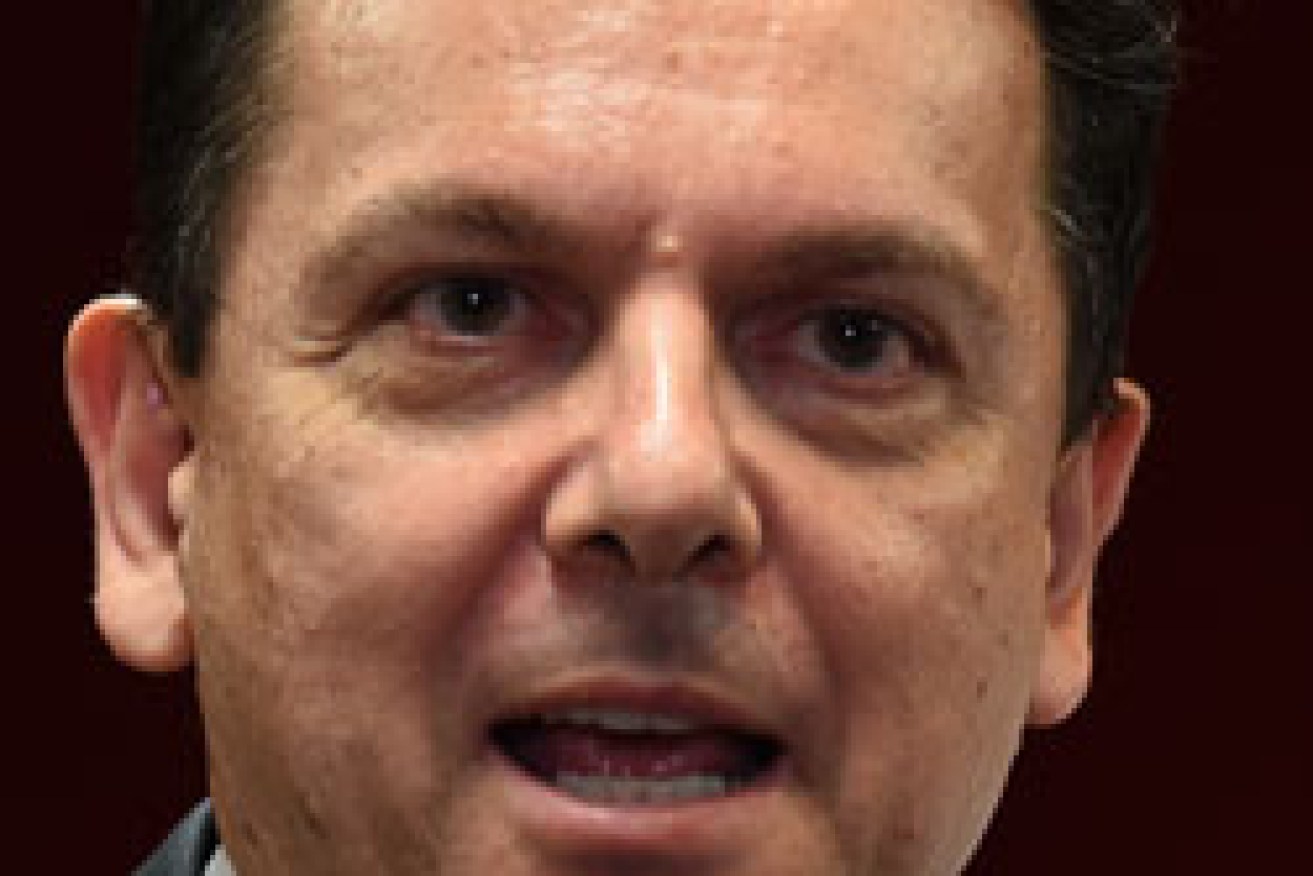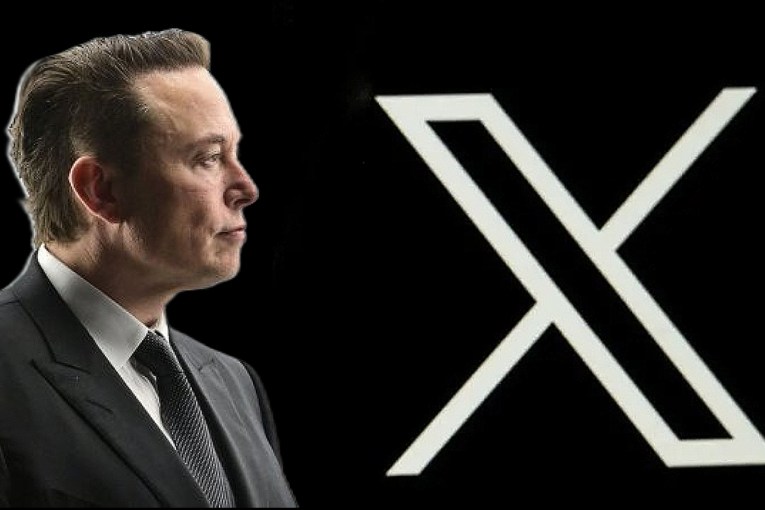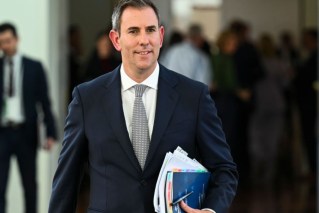The economic challenges Turnbull could inherit


Mr Xenophon was unhappy with the shutdown of the auto-manufacturing industry. Photo: AAP
In the parliamentary research library in Canberra today, the TV was suddenly turned to full volume.
A crowd of staff stood agape, listening to Malcolm Turnbull dropping his leadership-challenge bombshell on the nation.
And what a bombshell it was.
• Malcolm Turnbull to challenge Tony Abbott
• Lib spill: inside the party room
• In profile: Malcolm Turnbull’s life in politics
Mr Turnbull could have couched his decision in platitudes, as Labor did during the Mr Rudd-Ms Gillard-Mr Rudd challenges – that his party had ‘lost its way’ or ‘failed to communicate’ the basically good job it was doing.
Instead, Turnbull opted for a full-frontal attack.
He was specific, telling Australians that Prime Minister Abbott was “not capable of the economic leadership” they needed and that “policy on the run and captain’s calls” were harming Australia’s future.
Ironically, when the press conference boomed across the normally quiet library, I had been writing up an interview with South Australian independent senator Nick Xenophon.
Mr Xenophon was scathing of the “reckless and irresponsible” shutting down of the auto-manufacturing industry, precipitated by Treasurer Joe Hockey’s taunts to the big car makers from the floor of parliament in December 2013.
If that was a one-off error of judgment, it’s possible that Mr Turnbull’s claim that Mr Abbott was “not capable” on economic matters might have sounded hyperbolic.

PM Tony Abbott faces a battle to keep his leadership. Photo: AAP
But many other substantial errors have been made in steering the economy over the past two years.
The biggest was the disastrous 2014 budget ,which sought to impose the Commission of Audit’s highly ideological raft of spending cuts on an unsuspecting public.
That blunder not only damaged confidence, but failed to substantially improve the budget bottom line because the Senate blocked, and continues to block, many of its key savings measures.
Nobody has argued against the need to bring the federal budget back into balance, but that ‘shock and awe’ approach was not the way to do it.
Moreover, many economists have been calling for the opposite fiscal approach – for the government to take on more debt, while borrowing rates are at record lows globally, to fund much-needed infrastructure spending to set Australia up for more prosperous years ahead.
That kind of investment would go a long way to replacing the abrupt end to much of the mining boom investment that underpinned Australian growth since the GFC.
However, the majority of large economic calls by the Abbott government have been guided by narrow, neo-liberal economic thinking – essentially that by letting inefficient industries wither and die, and by removing trade restrictions or restrictions to doing business, new industries would spring up and carry the nation back to prosperity.
Political economy so often does not fit this neat, text-book view of economic reality, however.
For instance, though the government has not yet announced its decision regarding the multi-billion dollar contracts to build Australian’s next generation of navy submarines, many observers believe it has done a ‘hand-shake’ deal with Japan to build the subs offshore.
In text-book economic thinking on comparative advantage, that might make sense – but in the political economy of present-day Australia there are more pressing concerns.
The dire jobs situation in South Australia requires intervention so that the federal government picks up tax revenue from employed ship builders and auto workers, rather than paying for the welfare, retraining and social unrest in new ghettos of unemployment.
The broad picture of the Australian economy is one in which the growth areas for new jobs – such as agriculture and food processing, education exports, tourism and new forms of advanced manufacturing – just won’t take up the slack of the end of the mining boom without some federal assistance.

Mr Xenophon was unhappy with the shutdown of the auto-manufacturing industry. Photo: AAP
Nick Xenophon told me this morning that he wanted intervention to “accelerate normal market processes” – because for South Australians, the terrible jobs numbers prove that the private sector is moving too slowly.
That kind of idea has been anathema to the Mr Abbott leadership team, and a series of clumsy, ideologically driven economic calls have been the result.
It has not all been bad, however.
The free trade deals set in train by Labor, but clinched by the Abbott government will boost trade and investment.
And the government was right to build a small-business stimulus package into the last budget.
But then again, the small business lobby has recently claimed it has been “betrayed” over new unfair contracts legislation that excludes many of the SMEs it was designed to protect.
There is no telling at this stage which way the party room will vote.
But whichever leader emerges victorious, Australia is fast running out of time to pragmatically intervene to stem the bleeding of consumer and business confidence, prevent or offset the tsunami of mining, auto and ship-building job losses and begin the real reforms to get Australia moving again.
That will mean tearing out a few pages of the ideological text-book.
Is Tony Abbott capable of that?
That’s probably the most pressing question each Liberal MP should ask themselves as they vote.








